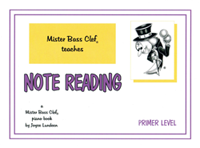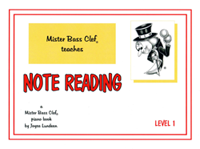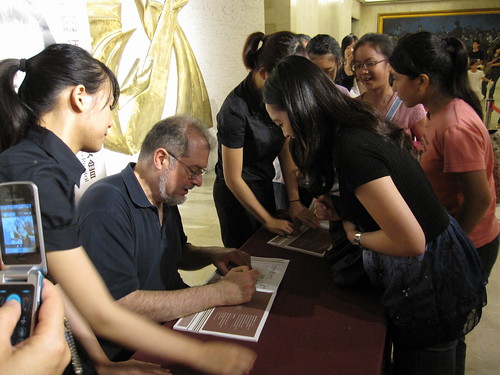Question: My son loves making music but hates his practice time. He's talented and can play anything he hears. But he can't stand practicing. Help!
Answer: Having been both the student and now the piano teacher, I
really understand and see this "dislike of piano practice" alot.
There are several different reasons kids dislike their
lessons/practice.
1. They don't like the music. Sometimes teachers will assign music that
your child genuinely doesn't enjoy playing. If this is the cause then the
remedy is to talk to the teacher and ask for more repertoire that your son
likes. She probably won't give up the
disliked repertoire entirely - there is a reason she assigned it. But any good teacher will incorporate your
request into her selections.
2. Watching the clock.
Some students need a set time allotment for practice. Others, like me, find themselves watching the
clock and wishing it would go faster.
There are two solutions that I've found to this. The first is to use a timer instead of a
clock and break it up into smaller parts.
If you need to practice 20 minutes, set the timer for 5 minutes and only
practice each item on your assignment list that long and then switch. That strategy is better for older
students. The second solution is to not
have a clock at all. Instead, before
sitting down, decide one goal that you want to accomplish this time. Once you've done it you're done! You can walk away. I've found that once students have the rush
of success they don't want to walk away and will end up continuing to practice.
3. Feeling like they can't measure up. This one is harder to deal with. Children desperately want to please their
parents and teachers, but sometimes what we expect is too much for them to cope
with at that moment - even if you know they can do it. It is important to remind your child that no
matter how they play you will love them and you are proud of them. Sometimes removing the pressure is all that
is needed to return the fun.
4. Lastly, they don't "feel the music." While this doesn't seem to be an issue for
your son, it is for many children. Music
is a lot like language. Reading a string
of words on a page will mean nothing to you if you don't understand what the
words mean. Music is a bunch of black
blobs on a page until the student can feel the music and relate to it. Feeling the music is a skill students develop
over their entire lifetime and is, in my opinion, the hardest thing to
teach. Some things that can help are
listening to music, singing, dancing, watching movies with great music,
learning the composers' stories and why they wrote the music they wrote...the
list can go on and on.
5. Needing to go faster.
Knowing how talented your son is, this is probably what is
happening. Talented students have a
unique problem – they move too quickly for their teachers. If this is the case I wouldn’t blame your
teacher. Balancing speed with
thoroughness is a challenge for most teachers, myself included. If you think this is the case, gently mention to
your teacher that your son doesn’t seem to be challenged enough by his music
and you wonder if he could try playing a few more difficult pieces.
6. Using the wrong curriculum. Some kids do really well on programs like
Simply Music and other “learn to play music and then read the sheet music”
approaches. But the transition from
playing to reading is very bumpy in these teaching programs and is where most
kids drop out. If you are using one of
these programs and are having this recurring challenge, you might consider
trying a more traditional teacher. If
you just want to put your toe in the water, you might take just a few lessons
with a traditional teacher in late summer, when you wouldn’t normally be taking
lessons with your current teacher anyhow.
As a teacher, I really appreciate when parents confide in
me. Go ahead and mention to your teacher
what you are seeing at home. She may
have a few more individualized ideas.
Your teacher is on your side.
While I'm sure there are many other things that can
contribute to piano practice problems, these are the most common. I hope this helps. Feel free to contact me if you have any
questions.
Christina
clearlypiano.blogspot.com
Twitter @clearlypiano















 (3)
(3)

 (2)
(2)




















Paul+Body+2.jpg)
+Kacper+Pempel.jpg)





